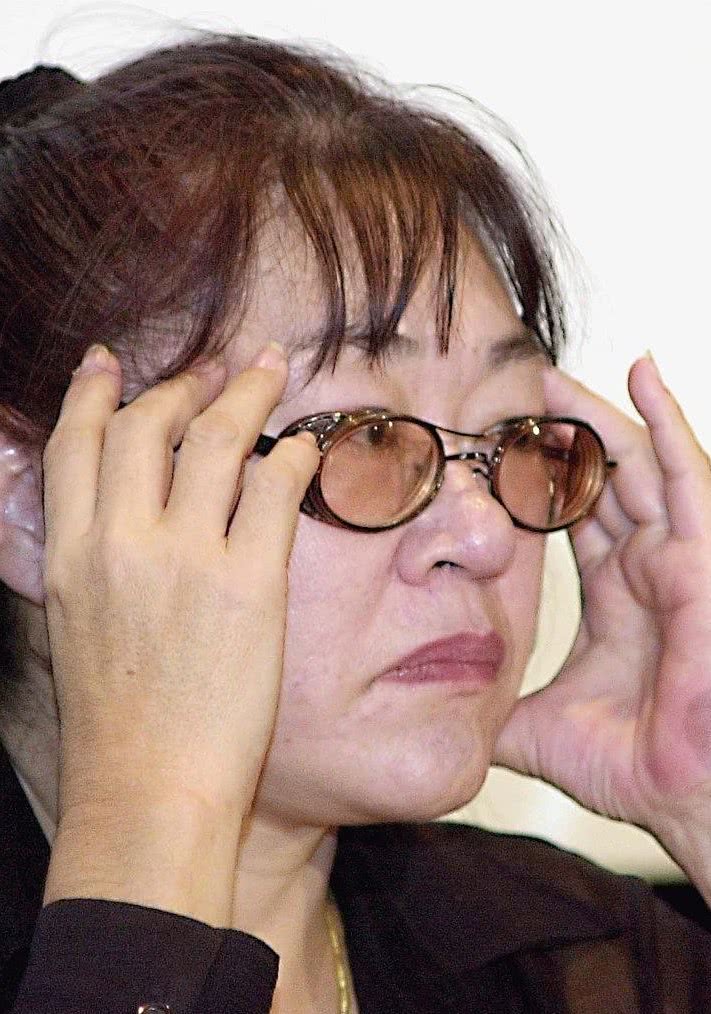

山崎静,Brazilian-born Tizuka Yamasaki, a granddaughter of Japanese immigrants, has lived one of Brazil's most complicated identity crossroads. As a result, Yamasaki's films frequently deal with intersection of gender, race, nationality and ethnicity in Brazilian culture, pushing the question of what it means to be Brazilian. Born in Porto Alegre, Yamasaki grew up in São Paulo. She was drawn to filmmaking in the early seventies in Brazil, despite the social and financial risks of the career path. She was trained in the politically oriented style of Cinema Novo by Nelson Pereira dos Santos and Glauber Rocha. Yamasaki's first feature film, Gaijin - Brazilian Odyssey is the story of a Japanese family's emigration to Brazil at the turn of the century. It won her awards at the Cannes International Film Festival, the Georges Sadoul Award, the International Festival of New Latin American Movies, the Women's International Film Festival, and the International Film Festival of New Delhi. Her next feature, Parahyba, A Macho Woman, narrates the story of Anayde Beiriz, a Brazilian woman who defies society's patriarchal rules amidst the political divide between conservatives and liberals in the Northeast State of Paraiba during the 1930s. It won awards at the XVI Brasilia Film Festival, Biarritz Latin American Film Festival, and the Huelva Latin American Film Festival In Beloved Motherland, Yamasaki chronicles Brazil's return to democracy following 20 years of military dictatorship. The film uses a fictional family composed of a filmmaker documenting the impressive Candelária demonstration in favor of popular presidential elections, and a reporter he has asked to interview celebrities in the crowd. The unscripted movie involved collaboration between the actors and directors to improvise scenes in response to daily political events. Yamasaki has also directed soap operas and a stage production of the opera Madame Butterfly in Belo Horizonte.


